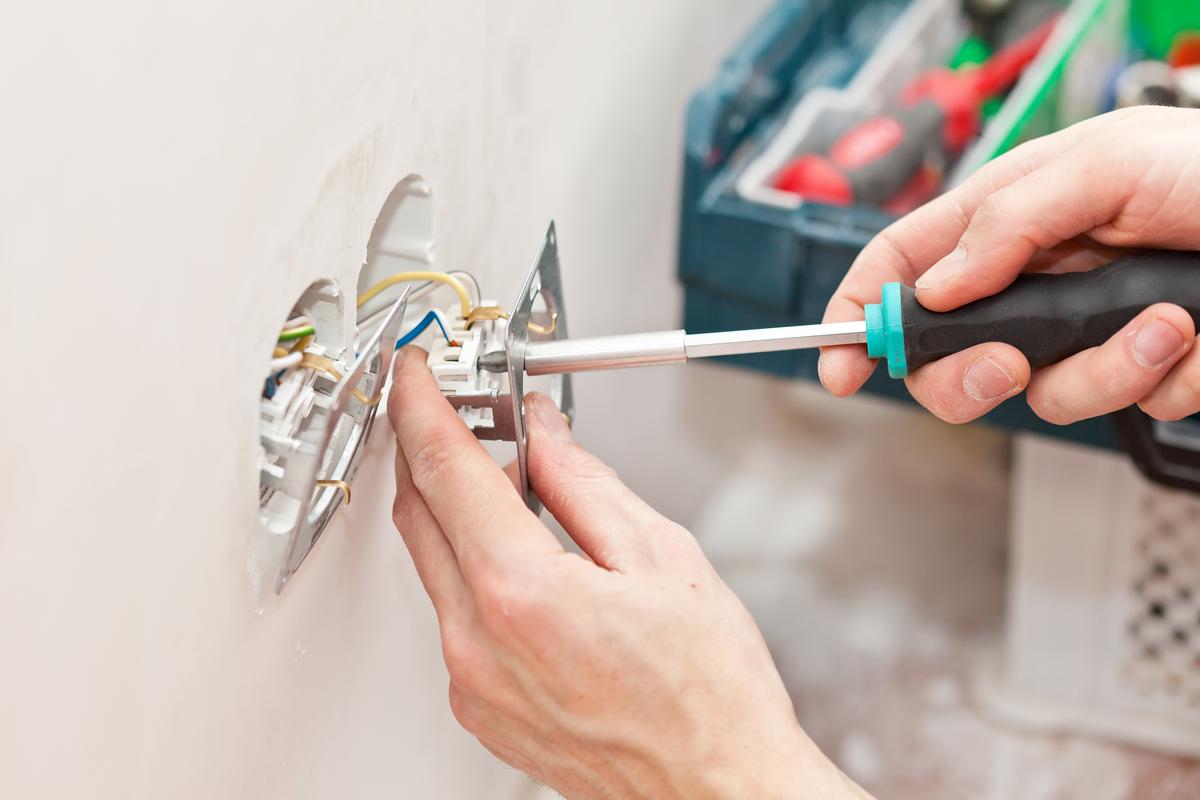When we mention contractors, we often think about full home renovations, huge repairs, and major additions. Limiting the necessity of contractors by the type or size of a project would be a misconception.
In essence, a contractor carries several responsibilities such as applying for permits, finding subcontractors, ordering supplies, and supervising the job on a daily basis. This level of management can apply to smaller projects like a mudroom conversion just as much as bigger ones such as finishing a basement.
While DIY-ing certain small-scale jobs is certainly possible — and can even have a few advantages — others are better left to the experts. To determine whether you’d need home improvement contractors for your project, it can be a good idea to start by understanding what they actually do.
What Is a Contractor's Role in a Home Improvement Project?
Home improvement contractors normally play a key role in many renovation projects. These include:
- Determining the time, materials, and documents that a job requires.
- Monitoring subcontractors and handymen to ensure the job is done in a proper and timely manner.
- Working with insurance companies to guarantee coverage for the entire project.
- Monitoring budgets and schedules to prevent unnecessary costs and delays.
- Collaborating with homeowners to come up with a plan that suits both parties.
- Assessing the situation of a project and coming up with effective and efficient solutions.









comments